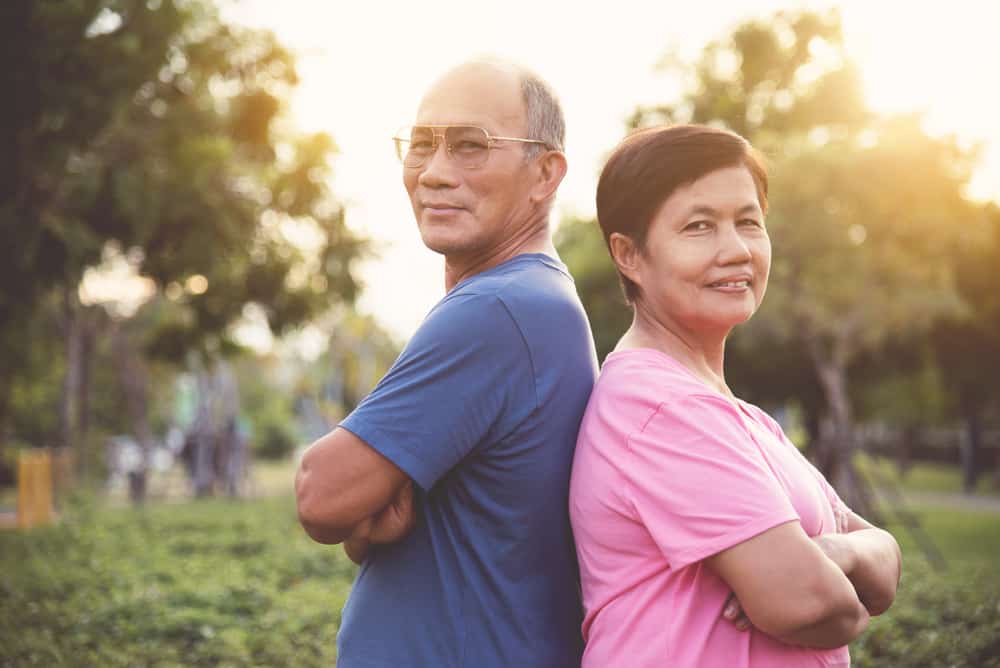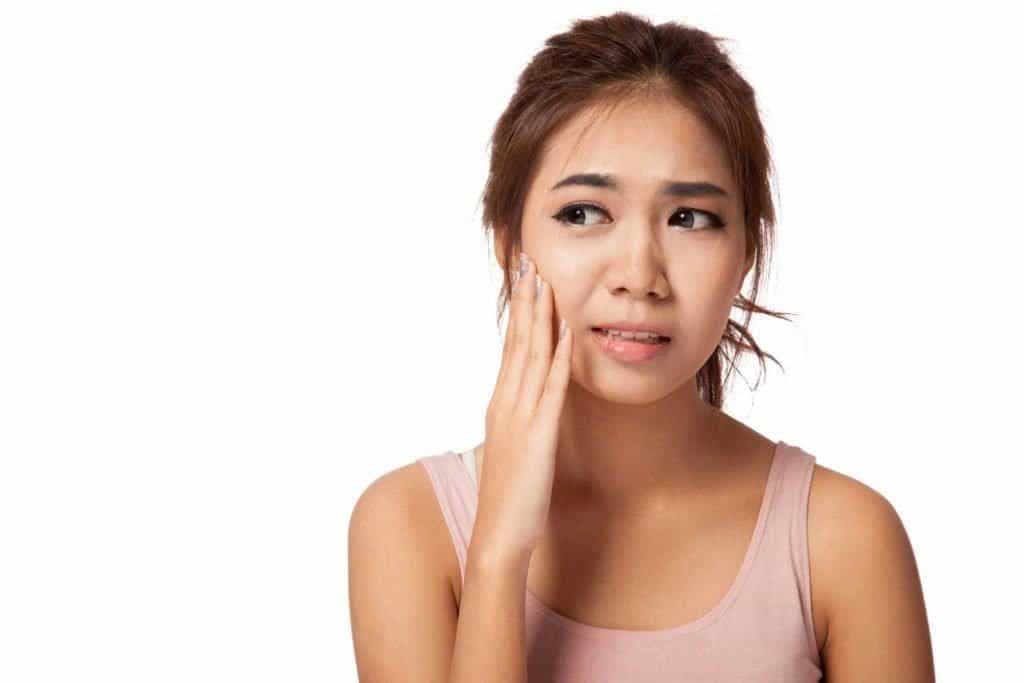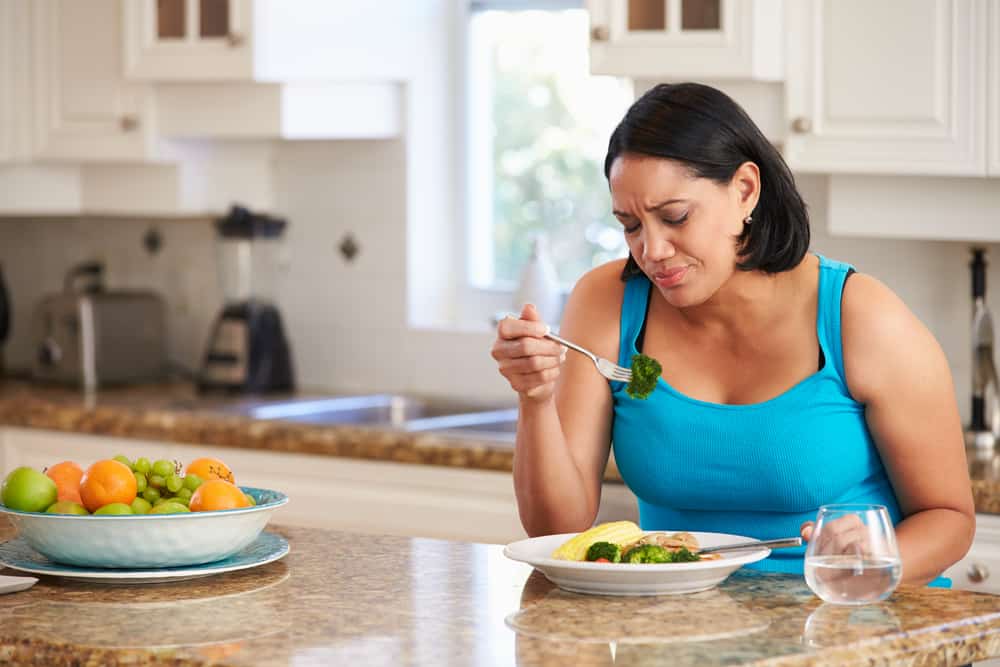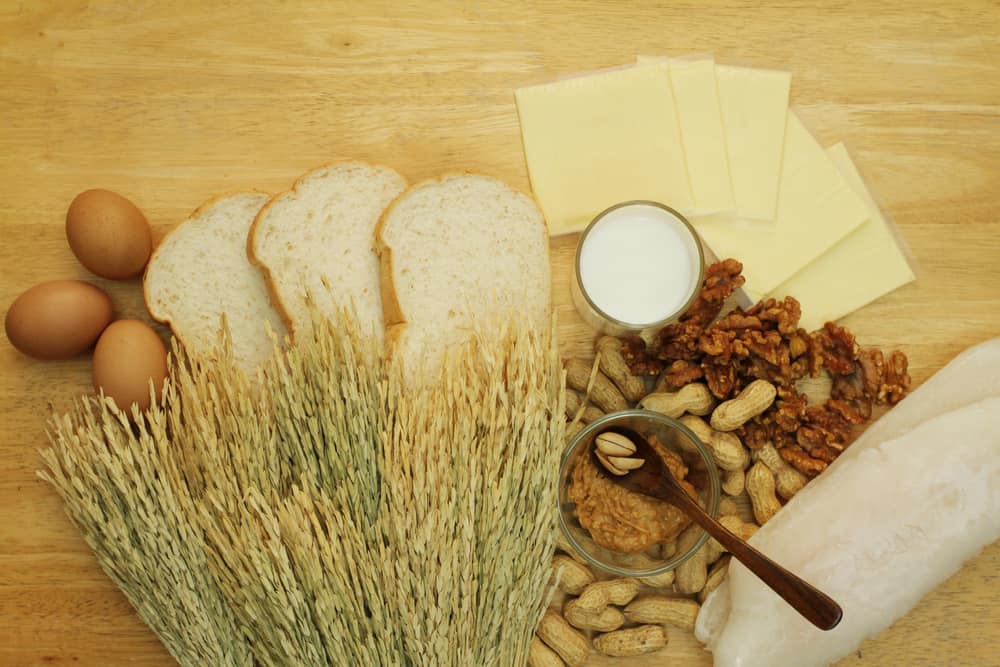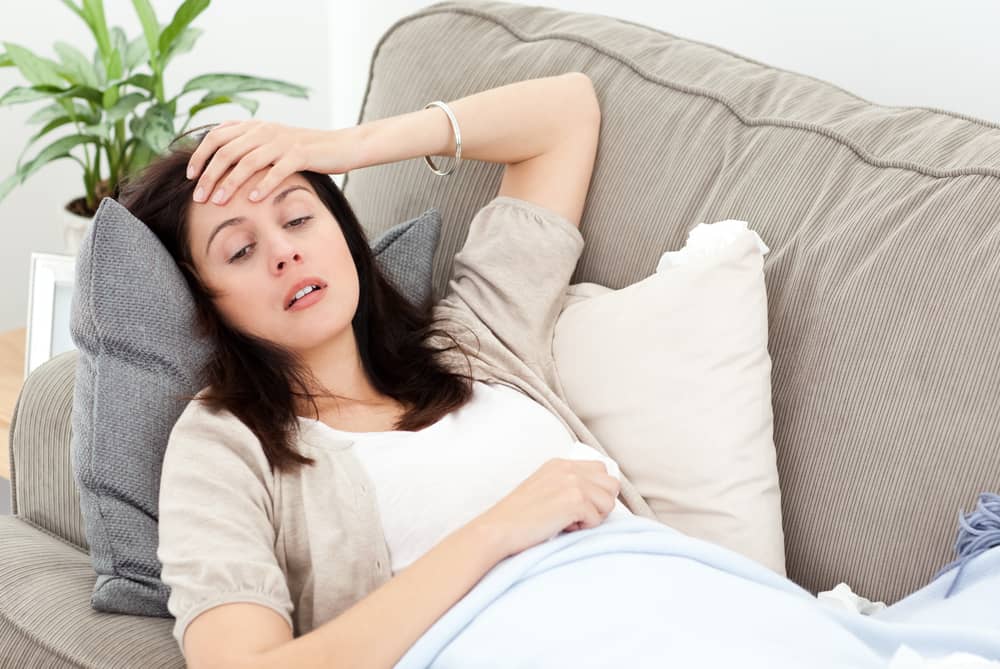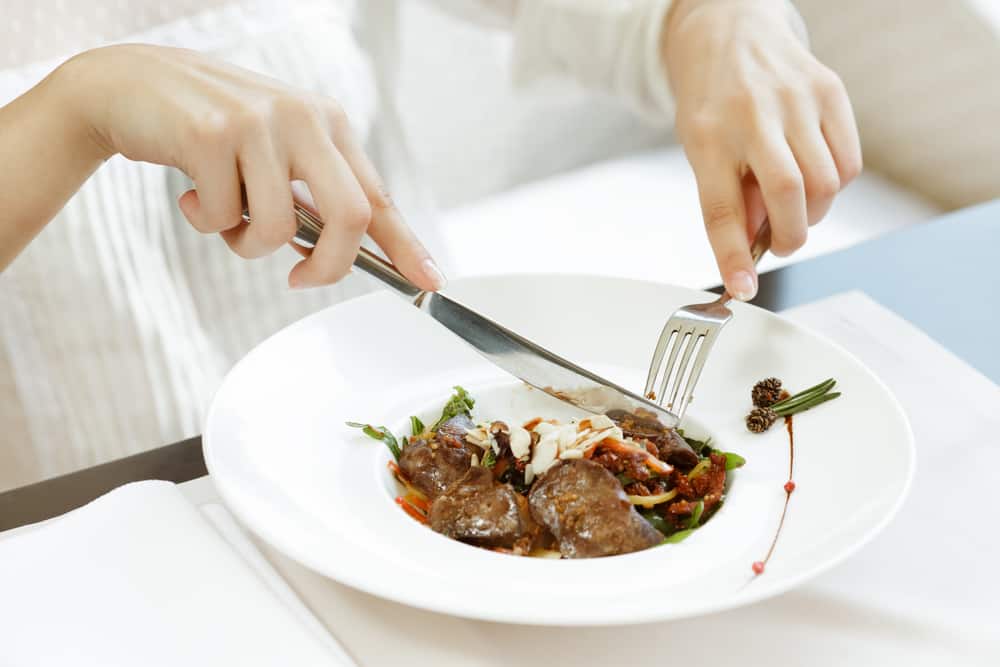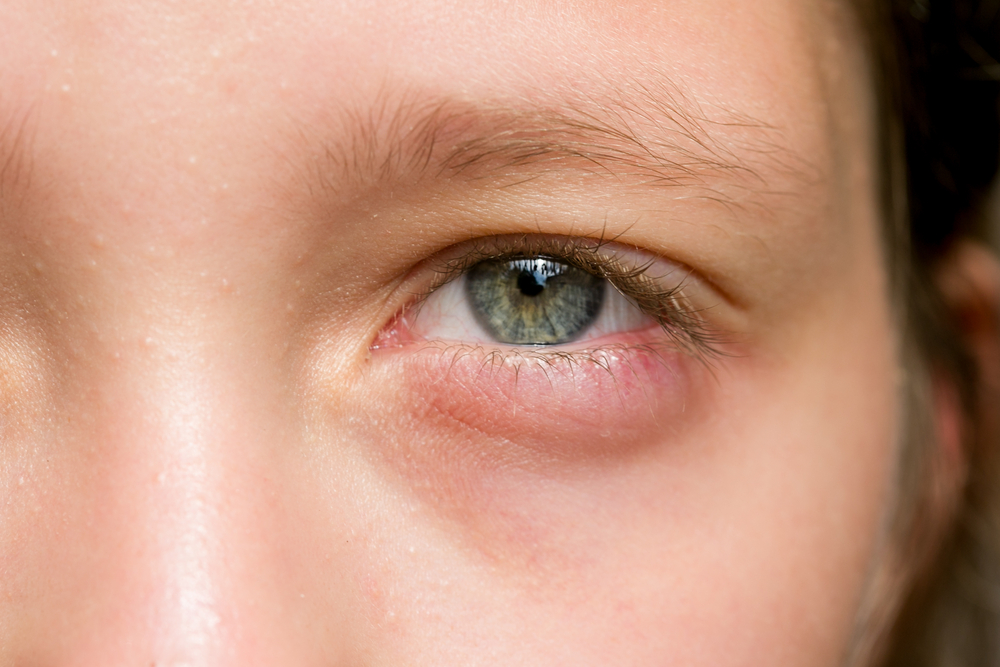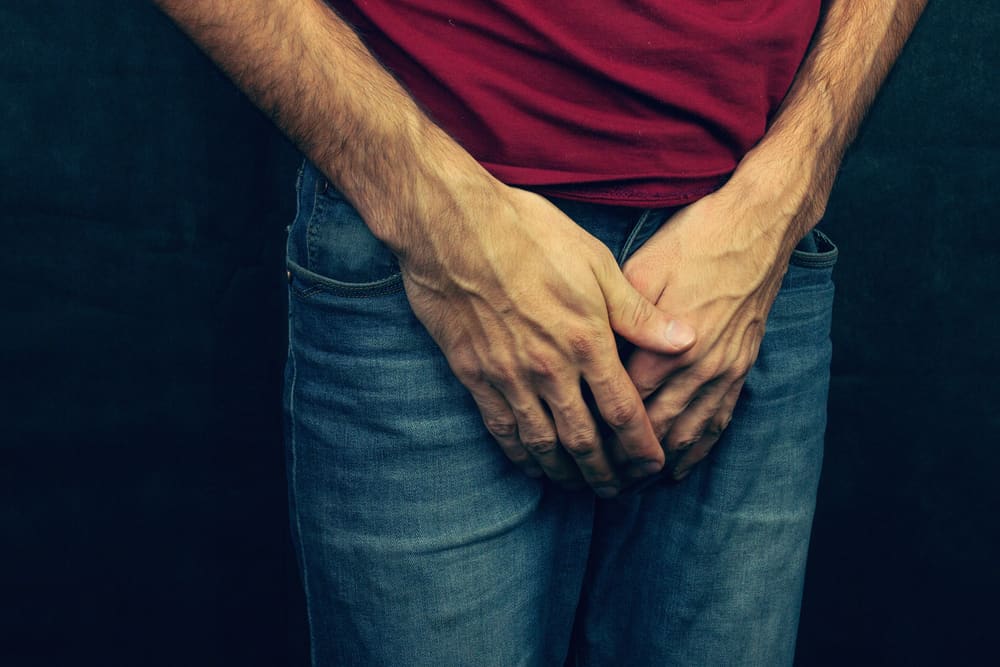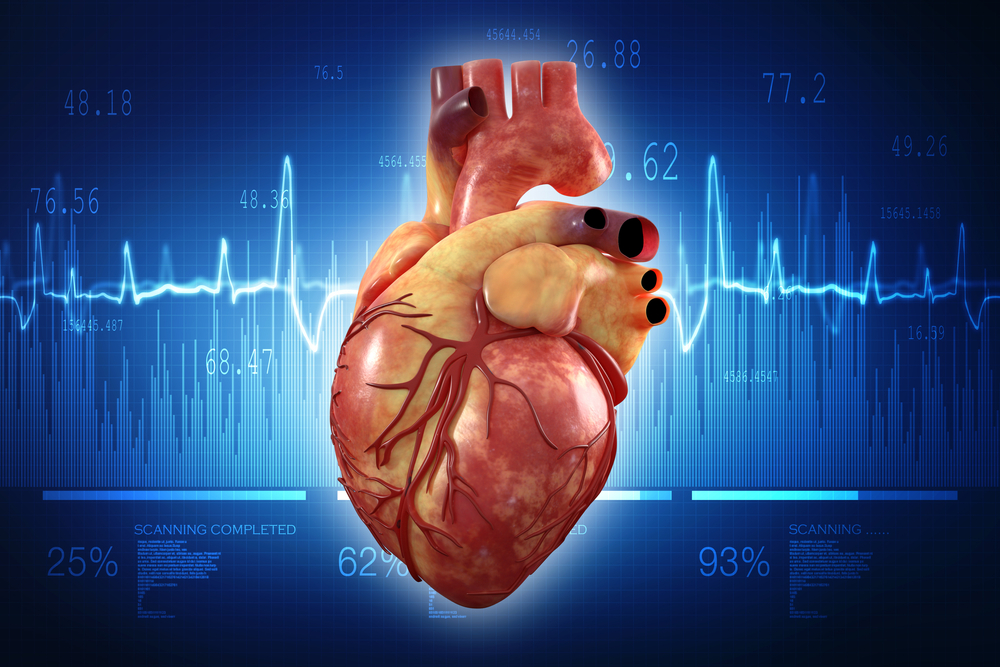Contents:
- Medical Video: High-Dose Flu Vaccines for Elderly Patients
- Recommended types of vaccines for the elderly
- 1. Flu vaccine
- 2. Herpes zoster vaccine
- 3. Pneumococcal vaccine
- 4. Hepatitis B vaccine
Medical Video: High-Dose Flu Vaccines for Elderly Patients
Not only children who need immunization, grandparents too. Because the body's immune system will weaken as we get older. This is what causes parents to be more susceptible to illness and infection. Vaccines aka immunization can be the right way to prevent the elderly from contracting the disease in order to be more productive in their childhood. What vaccines for the elderly are recommended by doctors?
Recommended types of vaccines for the elderly
Vaccines are made from disease-causing microbes (whether viruses, fungi, poisons, or bacteria; depending on the type of disease you want to prevent) that has been weakened or dead so that it won't cause disease.
In the body, the vaccine works to mimic the infection of the disease to trigger the body's immune system to build resistance against it. This then makes the body always be prepared for the actual attack of the disease because it has "remembered" which organisms are dangerous and need to be eradicated.
Some vaccines recommended for the elderly, namely:
1. Flu vaccine
Although common and often underestimated, flu can be deadly if symptoms continue to be left. What's in the elderly whose immune system is weaker, so the flu will be more difficult and longer to heal.
Certain health conditions, such as diabetes and heart disease, also weaken the body's resistance so that it can worsen the flu and even cause complications, such as pneumonia.
Influenza viruses can be prevented by flu vaccines, which can be obtained once a year. The body of the elderly takes about two weeks to respond to the vaccine and build up its immunity.
2. Herpes zoster vaccine
The herpes zoster vaccine needs your parents to get, especially if he has been exposed to chickenpox in his youth. The chickenpox virus can continue to dwell in the body for years, even after you recover, and "relapse" later in the version of smallpox or shingles. Yes! Both chickenpox and snakepox (herpes zoster) are both caused by one virus, that isVaricella virus.
This virus can get stronger as the elderly immune system weakens. The most common complication of this disease is postherpetic neuralgia, which is characterized by chronic pain for months after acute herpes zoster.
That is because the elderly also need to get the herpes zoster vaccine if they have never had it. This vaccine is given to people aged 50 to 60 years, both in good health and even with herpes.
The efficacy of this vaccine lasts for five years.
3. Pneumococcal vaccine
This vaccine aims to prevent diseases caused by bacterial infections Streptocossus pneumoniae or more often called pneumococcal germs. The pneumococcal vaccine functions to prevent pneumonia (lung infection), meningitis (infection of the lining of the brain and spinal cord), and sepsis (blood infection).
This disease caused by pneumococcal bacteria can cause deafness, brain damage, loss of limbs, and even death.
Usually, vaccines for the elderly are given in two stages, namely the conjugate pneumococcal vaccine and the polysaccharide type pneumococcal vaccine.
4. Hepatitis B vaccine
Hepatitis B is a contagious viral infection that can cause liver damage. Hepatitis B vaccine is needed by the elderly because the liver and its functions decrease due to natural aging, making it vulnerable to being infected with viruses.
An elderly person is also susceptible to contracting hepatitis B if he already has hemophilia, diabetes, kidney, and other diseases that cause his immune system to weaken.
Hepatitis B vaccine in general has been given since the baby with three or four injections for six months. However, if you are not sure that he has received this vaccine or not, consult with a doctor to get this vaccine again.

